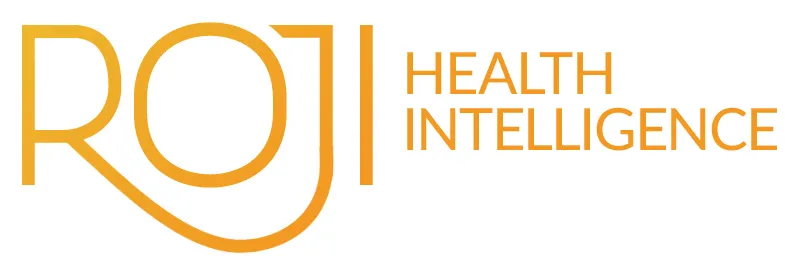Health care providers are under increasing pressure to improve outcomes for patients with chronic conditions. There is pressure to meet quality measures, to establish programs that improve outcomes, to decrease costs for these conditions (utilization as an outcome)—or a combination of goals. At issue: what works, what is affordable, what is acceptable to patients and […]
Can the New Year Bring A Real Solution to Affordable Health Care–From Providers?
Every New Year, we commence another round of solutions to fix our expensive health care system. 2018 will be no different. A predicted 5.5 percent increase in medical costs over last year will no doubt spawn new efforts to contain direct payments to providers or transfer costs to consumers—or both. No solution has appeased health […]
The Crux of Shared Decision-Making: Who Is Actually Deciding?
Shared Decision-Making is an emotionally charged topic for both physicians and patients. Physicians believe they have their patients’ best interests at heart by guiding them into better health through therapies to improve their conditions. Physicians may believe, in fact, that by explaining health status and treatment alternatives (followed by asking the patient to decide), they […]
Is Shared Decision-Making the Path to Improved Provider Performance?
As an escalating percentage of Americans (including children) are diagnosed with diabetes and hypertension, the health care system is straining to control costs and demonstrate good clinical outcomes. No surprise that providers blame patients for lack of compliance with therapies or lifestyle changes that will improve their health status. Hence the uptick—some say warranted—in incentives […]
For Tough Medical Decisions, Hard Choices Require Hard Facts—Not Conventional “Wisdom”
What matters in medical decisions is what we know, not what we think. In the late 1980’s I cared for a pregnant woman with breast cancer. Breast cancer is the most common form of cancer in pregnancy, but uncommon in frequency, occurring in about 1 in 3,000 pregnant women. Providing and receiving treatment is certainly […]
Choose the Right Strategies and Technology to Improve Cost Performance in Health Care
Fee for Service (FFS) reimbursement is going the way of the dinosaurs, but many providers are ignoring the signals. Here are two clear indicators: Medicare’s adoption of episodic cost models and the planned movement to financial risk models for both Medicare and Medicaid. Indeed, most Medicaid plans have now transitioned the majority of beneficiaries into […]
Medical Treatment Should Be Based on More Than Just “Doing Something”
Memory is malleable. This was made quite clear to me at my recent 50th high school reunion. Despite my fallacious recollections, I could not dispute the data of my forgotten activities, awards and foibles captured in pictures and written comments in my high school yearbook. Then there were the comments about my behaviors “back then,” […]
Physician-Patient Interaction: Where We Should Begin to Measure and Improve Medicine
Data is not always the path to identifying good medicine. Quality and cost measures should not be perceived as “scores,” because the health care process is neither simplistic nor deterministic; it involves as much art and perception as science—and never is this more the case than in the first step of that process, making a […]
Who Will Fill the Leadership Void in Health Care Reform if MACRA Rolls Back?
Amidst the political cacophony over health care coverage for American consumers, a fundamental question has been relegated to a soundbite: How can we control cost? Everyone (in the industry or participating in the debate) knows that cost drives our health care system problems, including affordable insurance coverage. The fallacy at the heart of all the […]
The Doctor Will See You Now, But Don’t Stay Long or Ask Too Much
Something has been happening with physician medical visits. Maybe I’m just noticing it because my doctor quit and I had to find a new one, which put me on a treadmill of repeat appointments—because, as my new physician told me, she was out of time for our visit. But here’s the rub: Apart from seasonal […]










